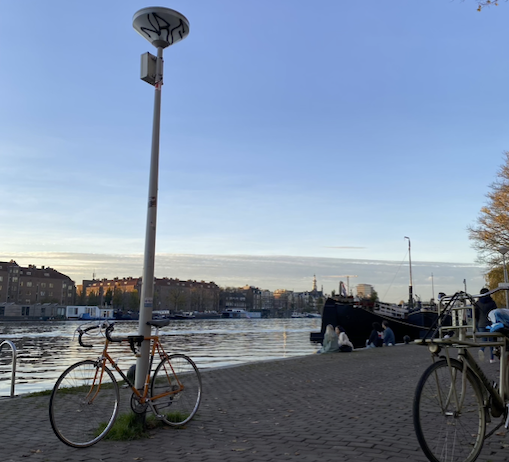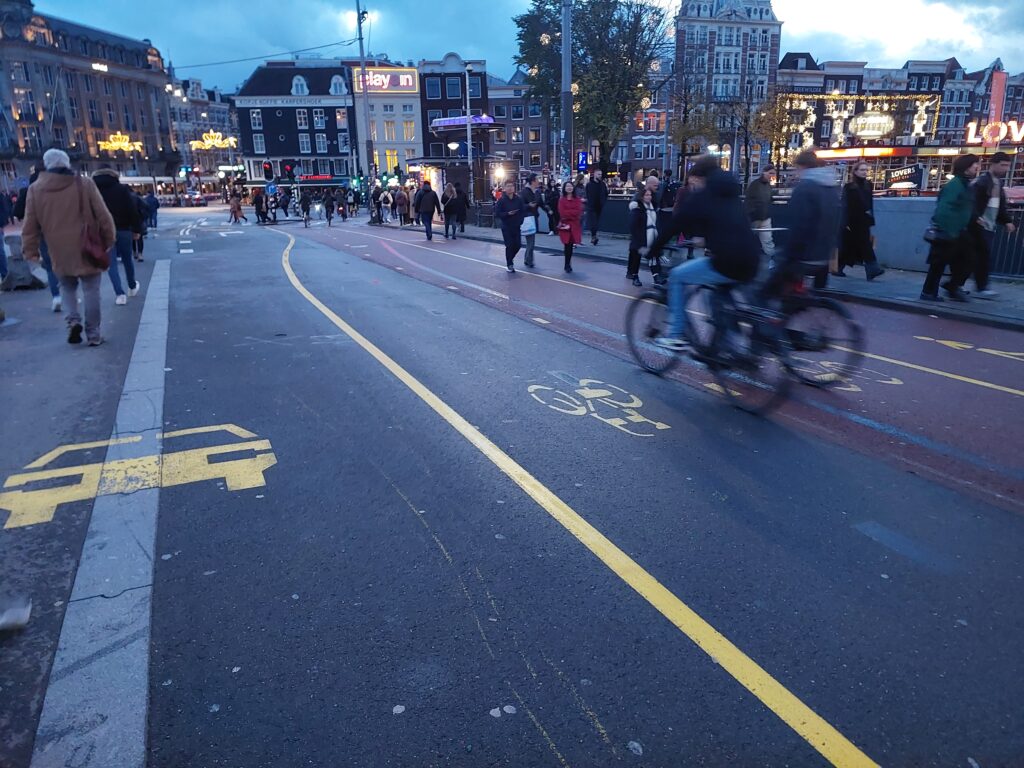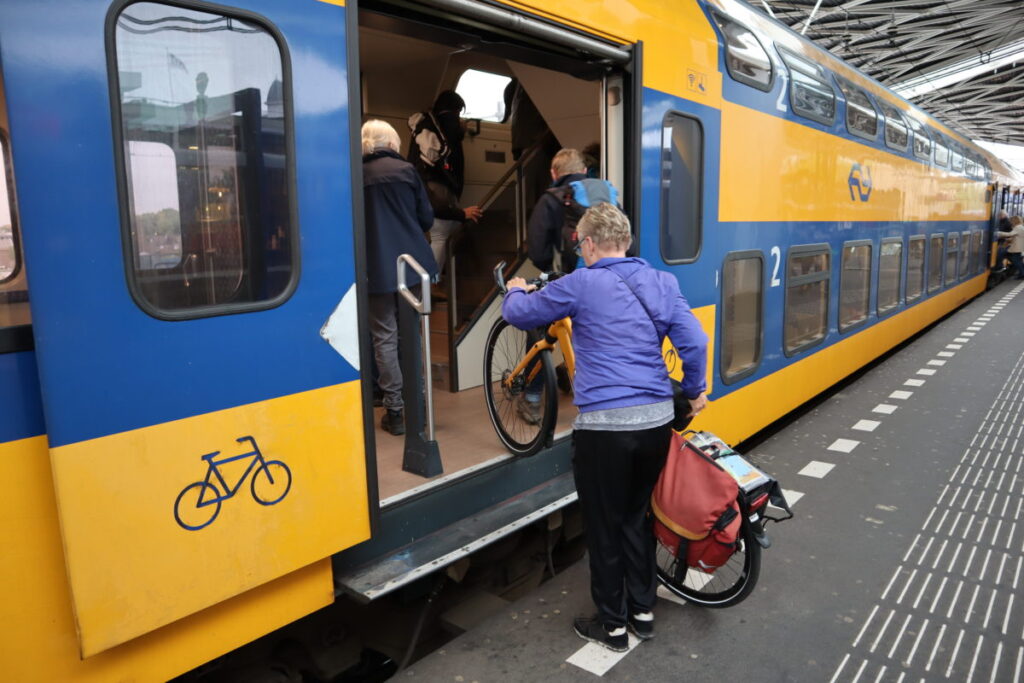(2016) R. Aldred et al.
Written by Anna Lefrançois | LinkedIn
As a leading scholar in mobility studies, R. Aldred has focused her research on the social dimensions of cycling. With this great piece on how gender and age can shape people’s experience of cycling, she and her colleagues J. Woodcock and A. Goodman are once again adding a valuable contribution to the literature on mobility behaviors disparities.
The main findings of the article are the following: first, modal shift towards cycling and increased diversity do not necessarily go hand in hand. Answering the title’s interrogation, the article notes that areas in the UK which managed to increase their cycling rates were not associated with a higher representation of females or older cyclists. Cultural barriers, infrastructural preferences, trip characteristics, and physical abilities are often presented as explanations.
Secondly, cycling inequalities are not universal and can be culturally specific. Gender and age influence cycling trips in both countries with low and highly developed cycling culture but with opposing trends. For example, in the UK young white men are overrepresented amongst cyclists. Yet, this gender imbalance seems to be inverted in high cycling countries like the Netherlands and Germany where “women tend to cycle more than men (p. 31).” The underrepresentation of older cyclists is also less marked. Thus, a weaker physical form cannot be a satisfying reason for such discrepancies. Gender and age differences are first and foremost socially constructed.
Aldred and her colleagues also reflect on strategies to achieve better gender and age representation. They ask whether we concentrate our efforts on increasing the share of cycling all together with a “broader cultural normalization” (p. 33) or target underrepresented groups with specifically tailored infrastructures? Here, the authors lean towards the latter.
References
R. Aldred, J. Woodcock & A. Goodman (2016) “Does More Cycling Mean More Diversity in Cycling?” Transport Reviews, 36:1, 28-44, DOI: 10.1080/01441647.2015.1014451
Read more
How can mobility studies engage with political theories of social justice to produce fair policies?
Participatory local governance and transport planning



